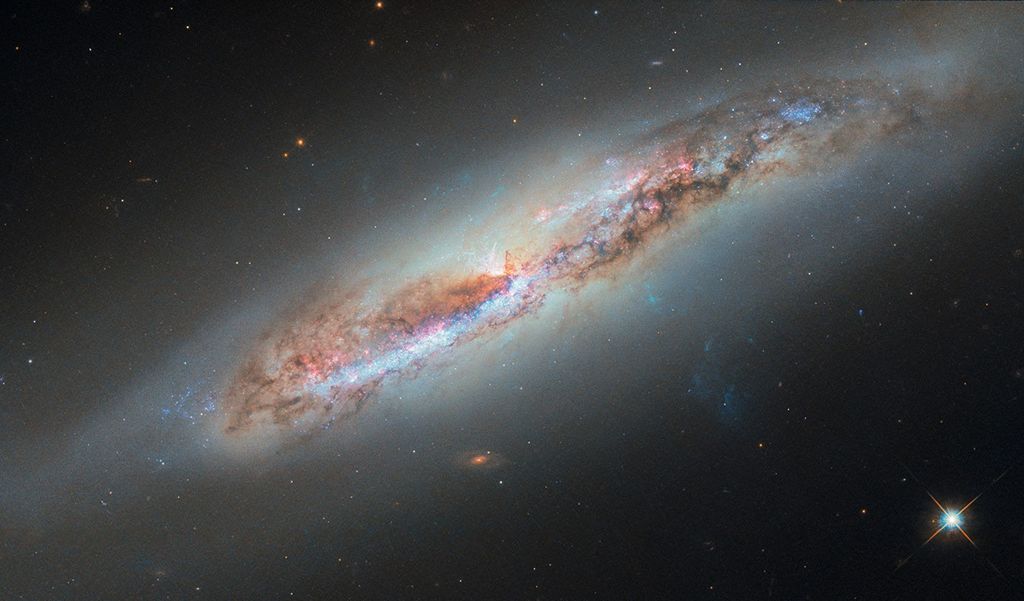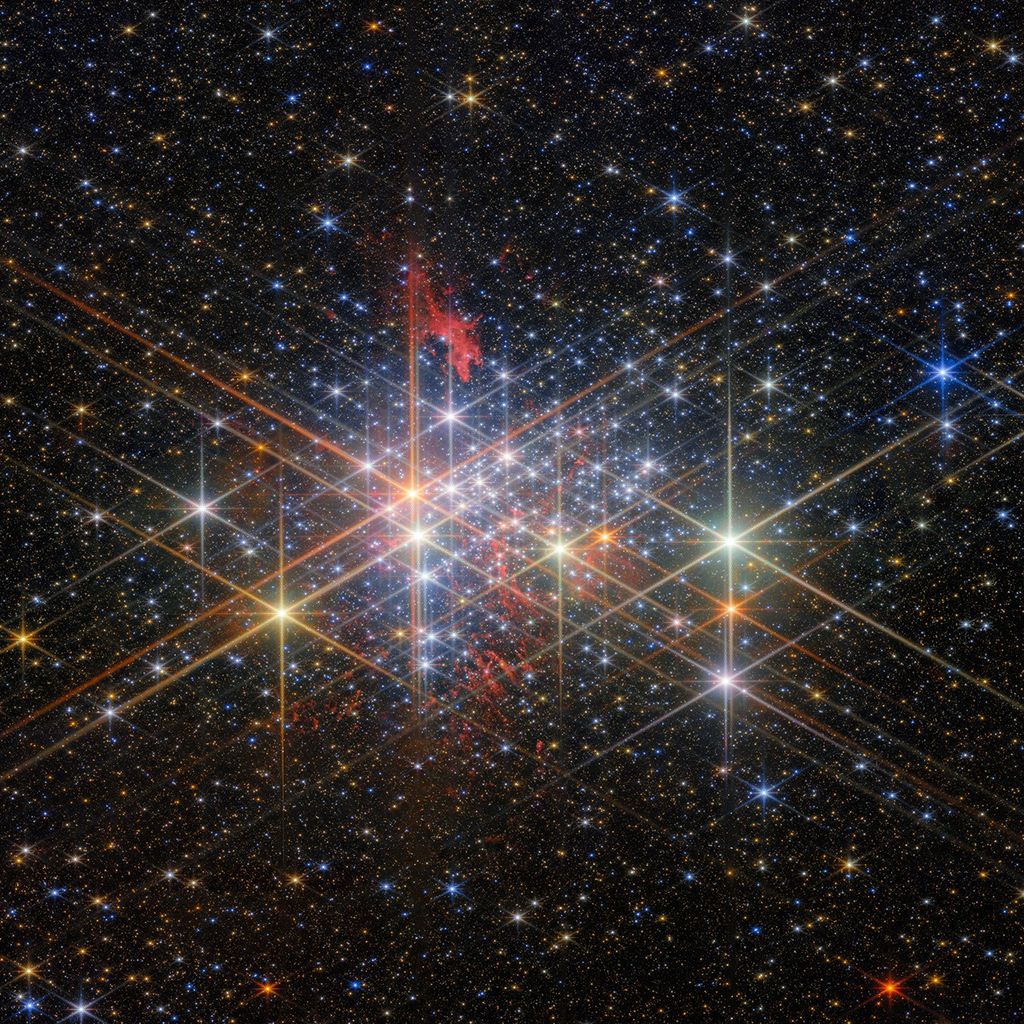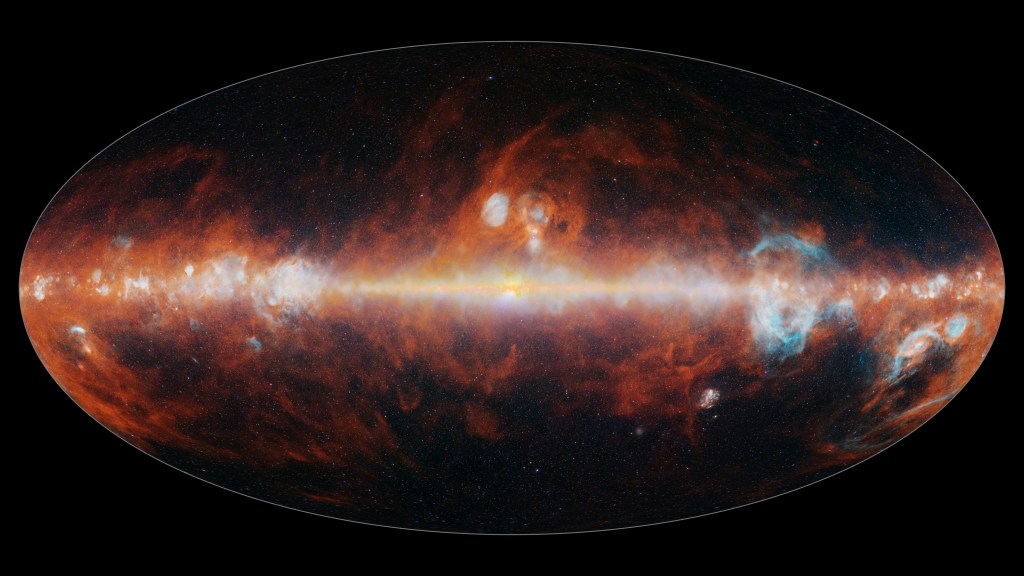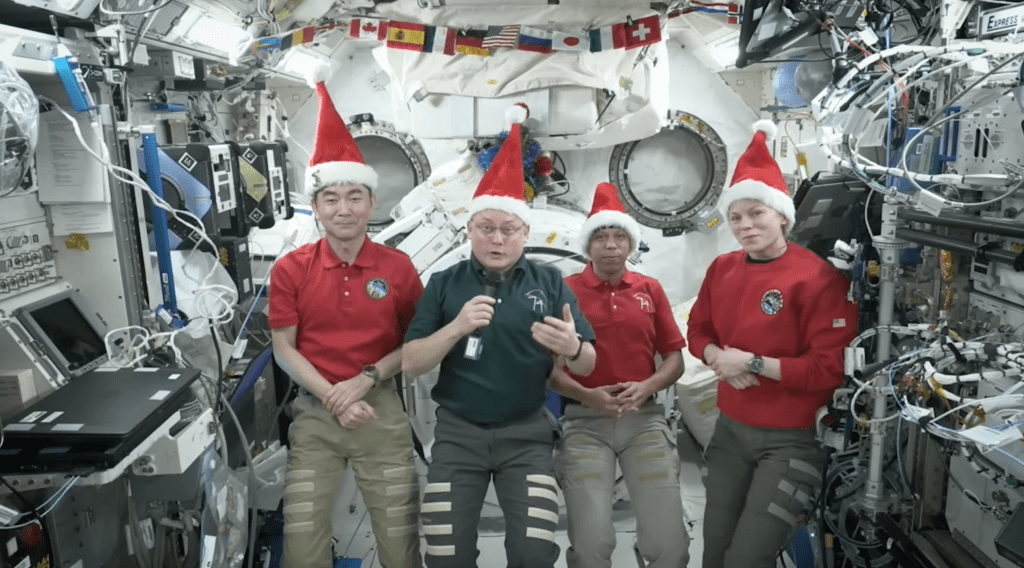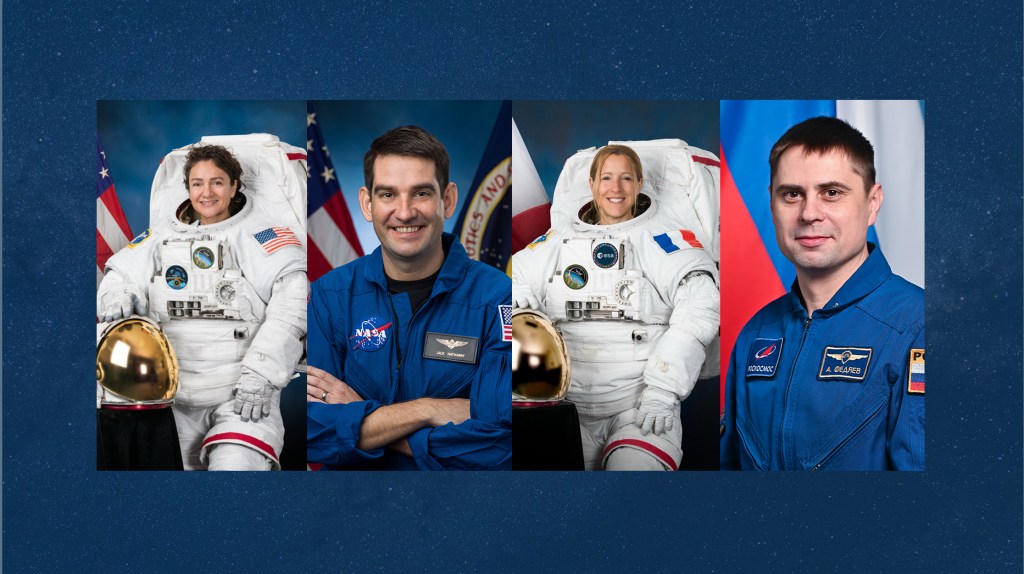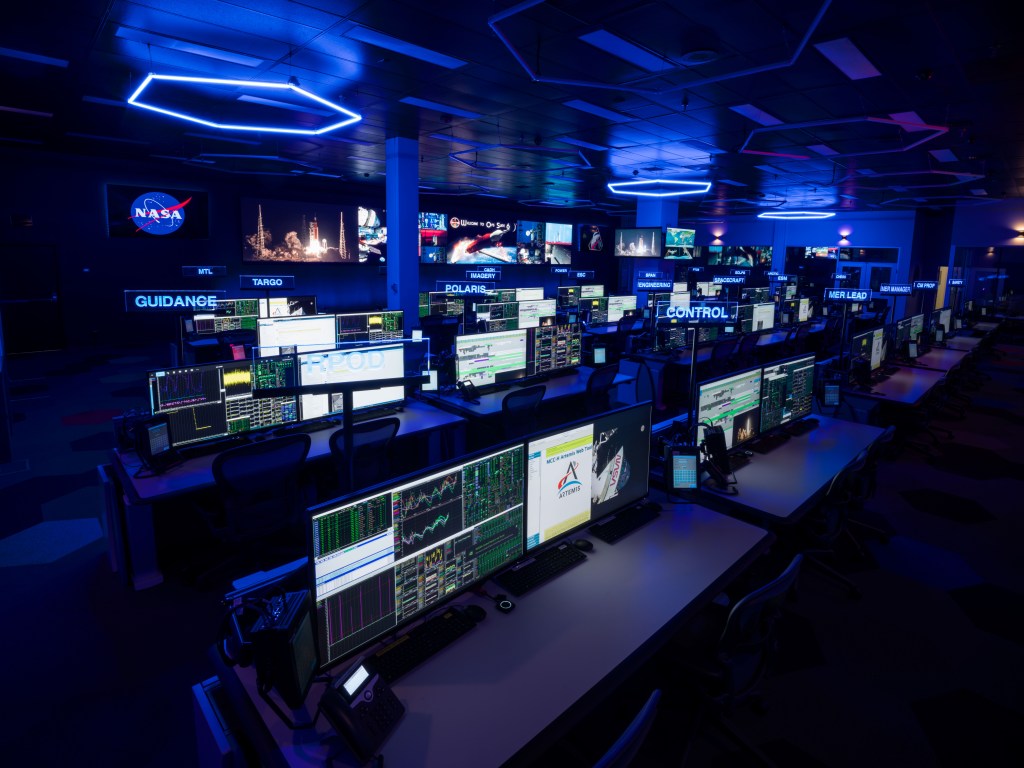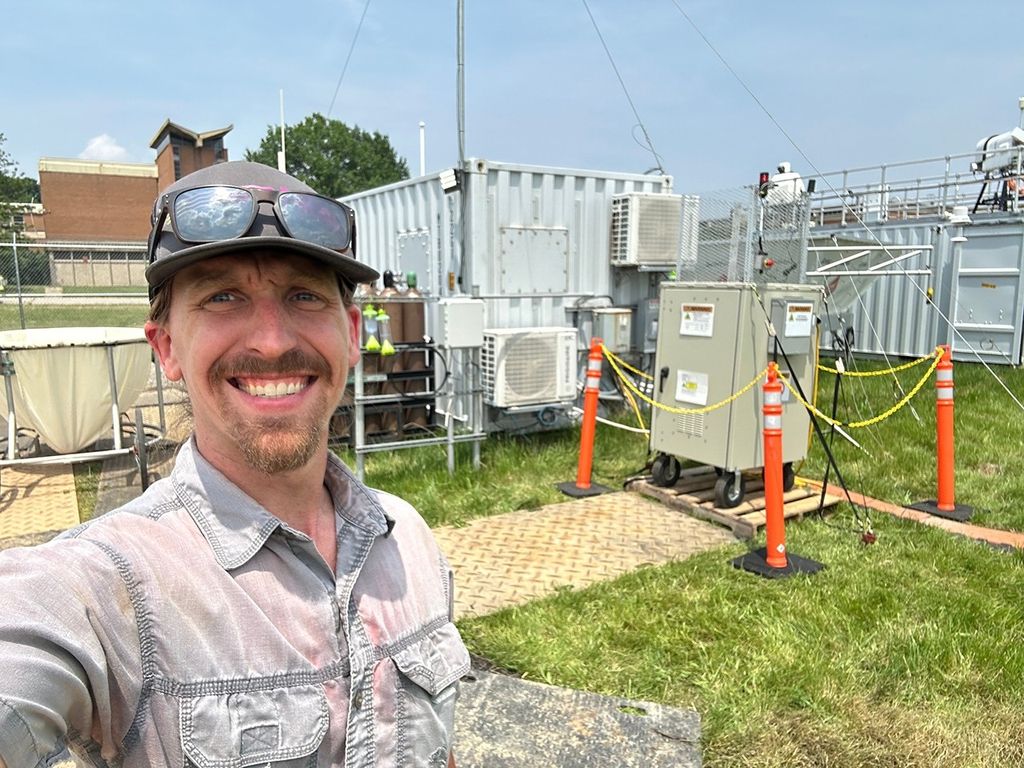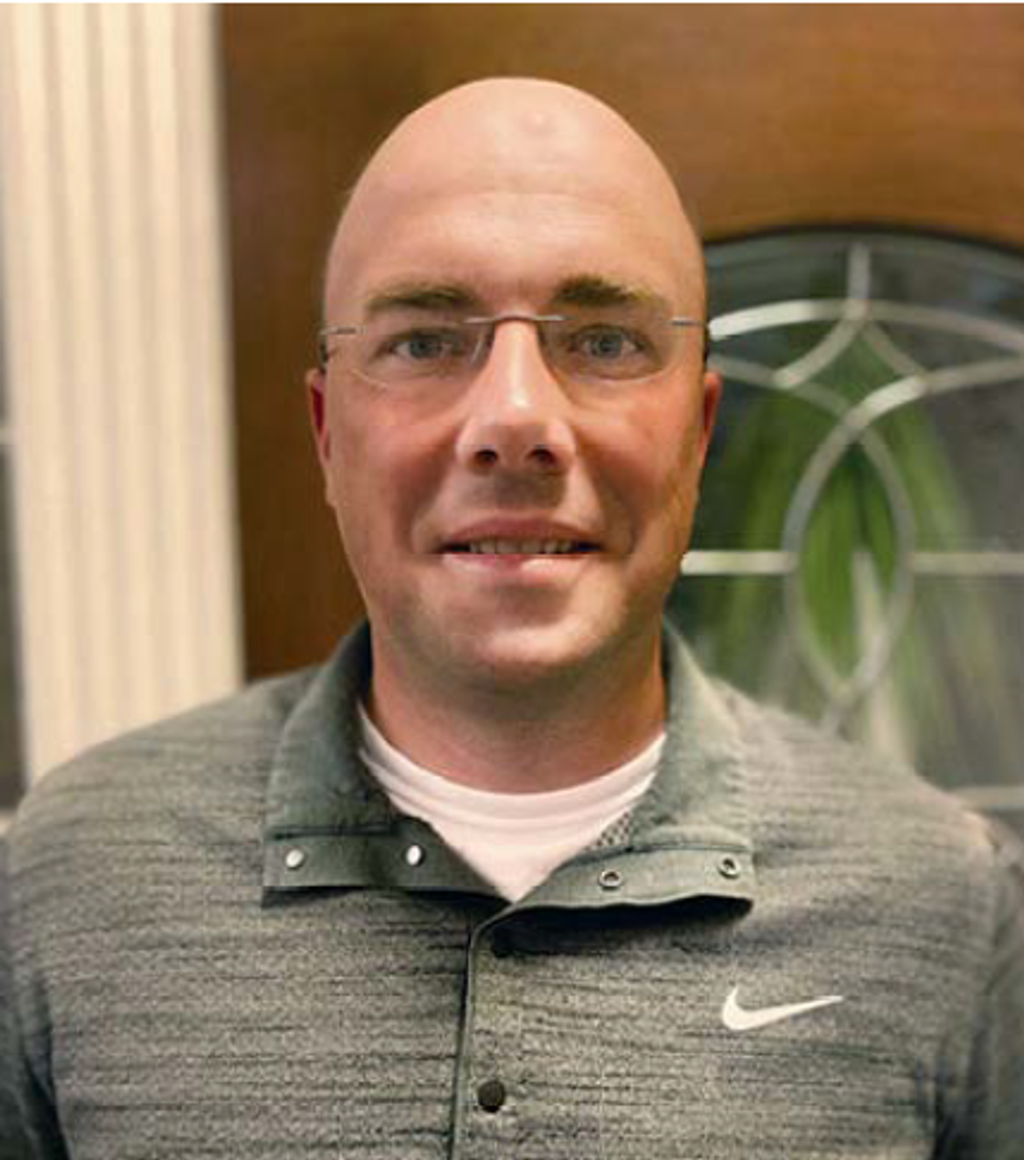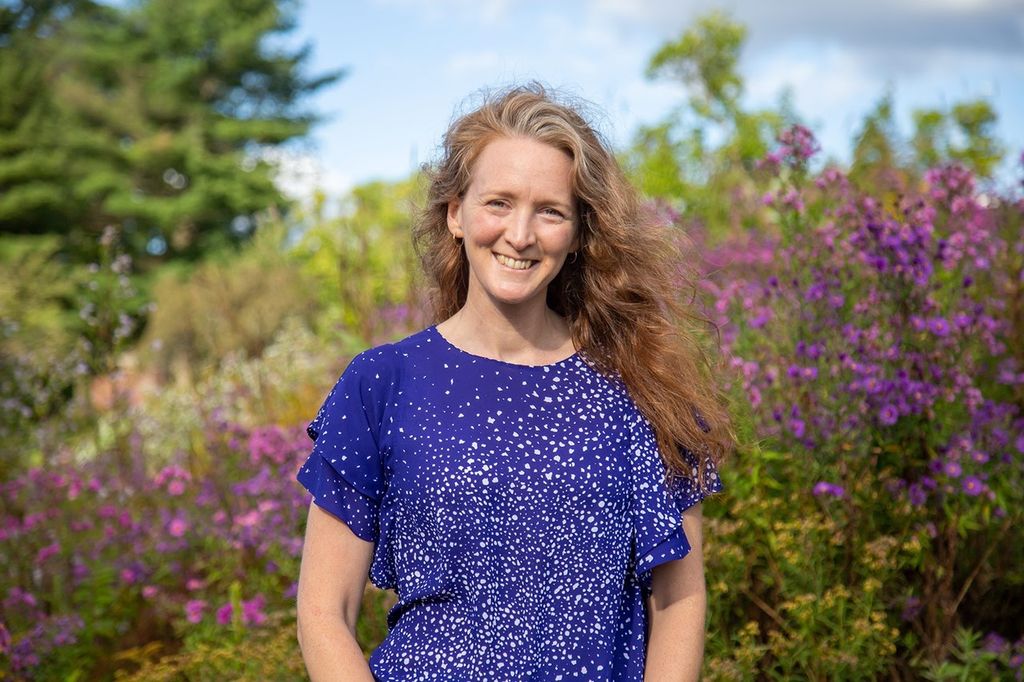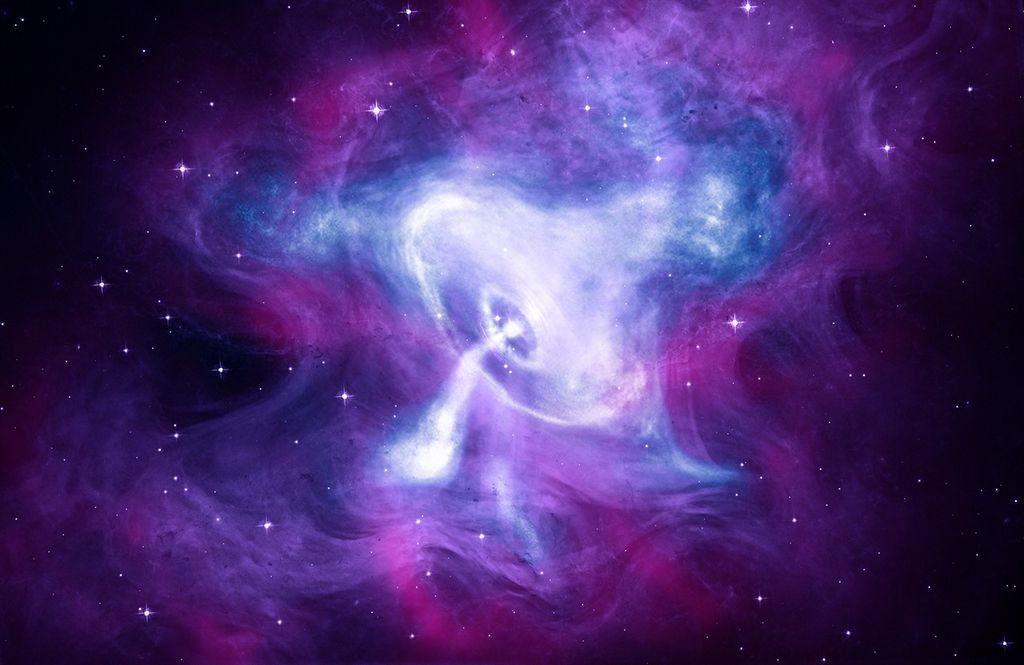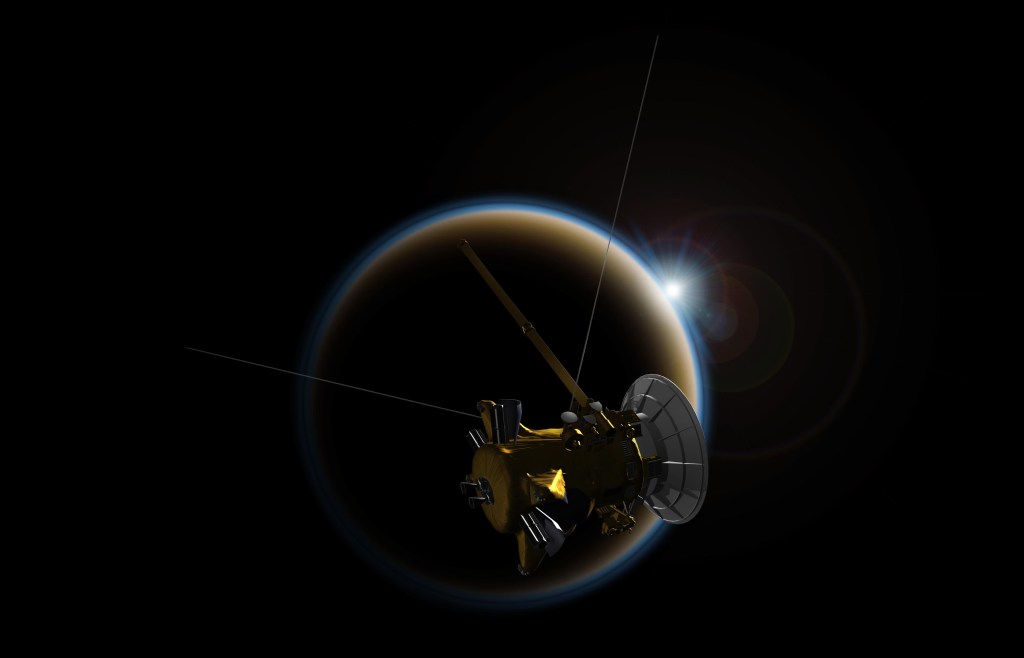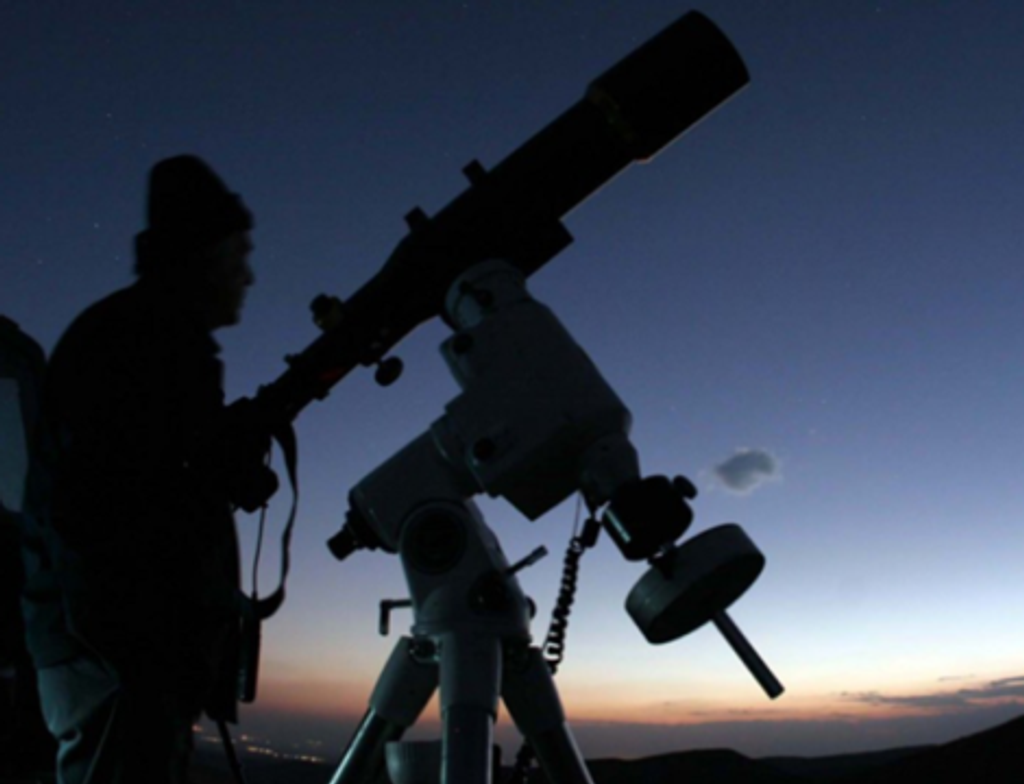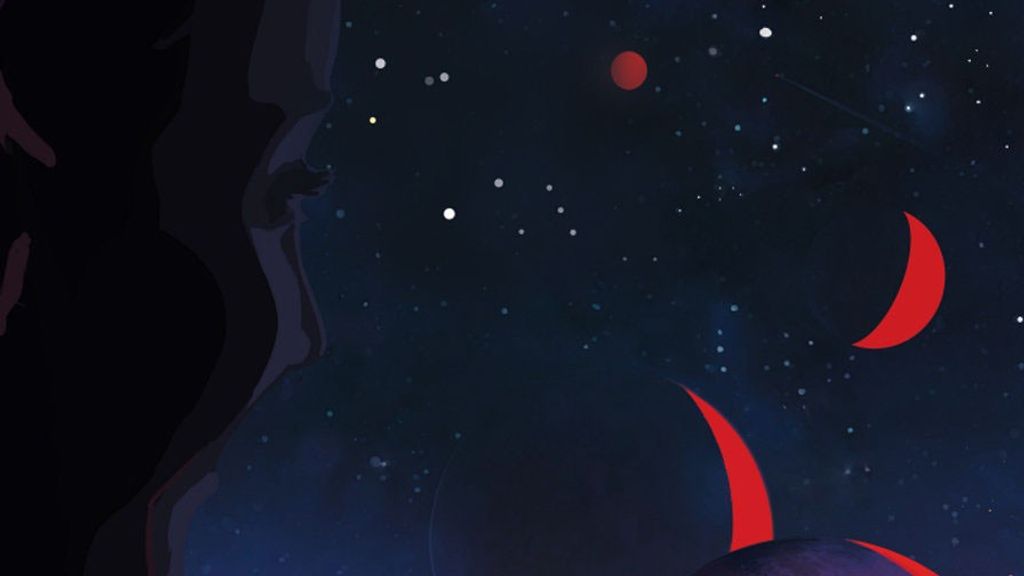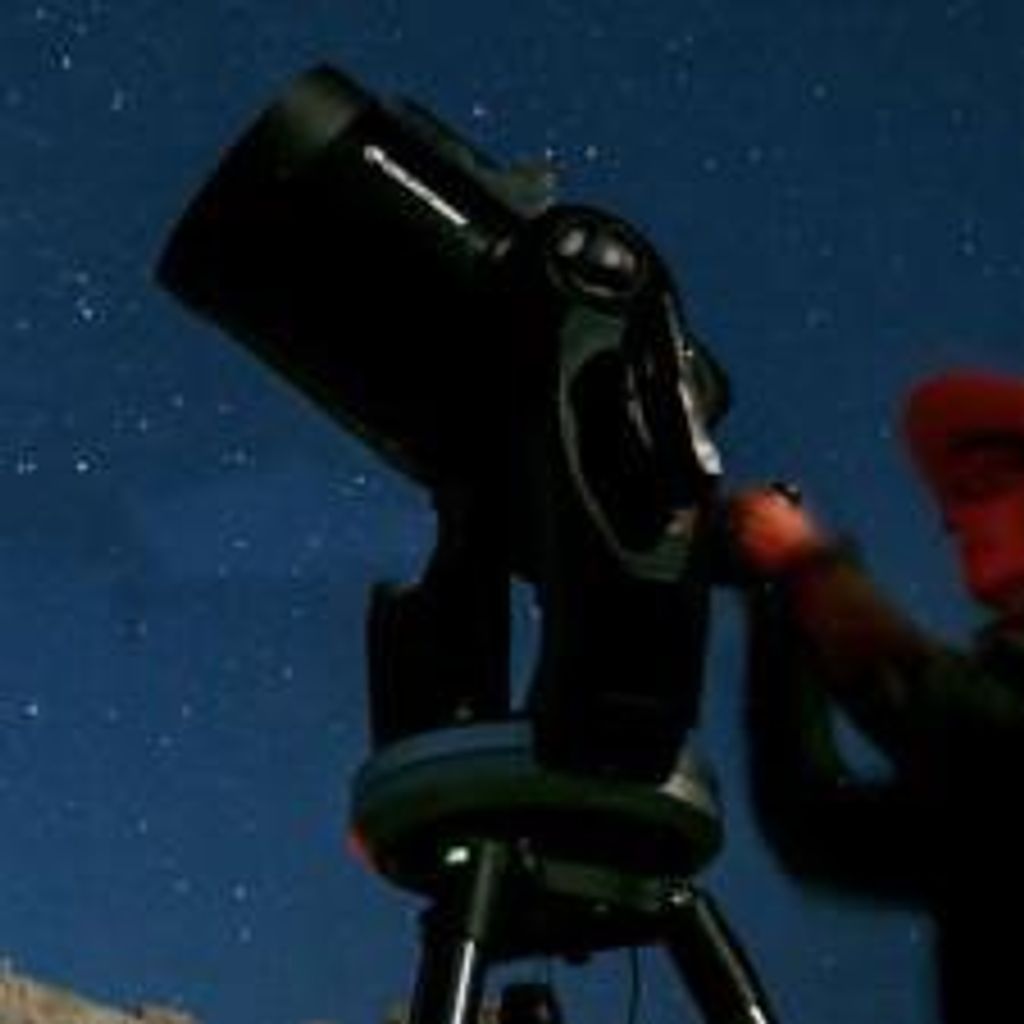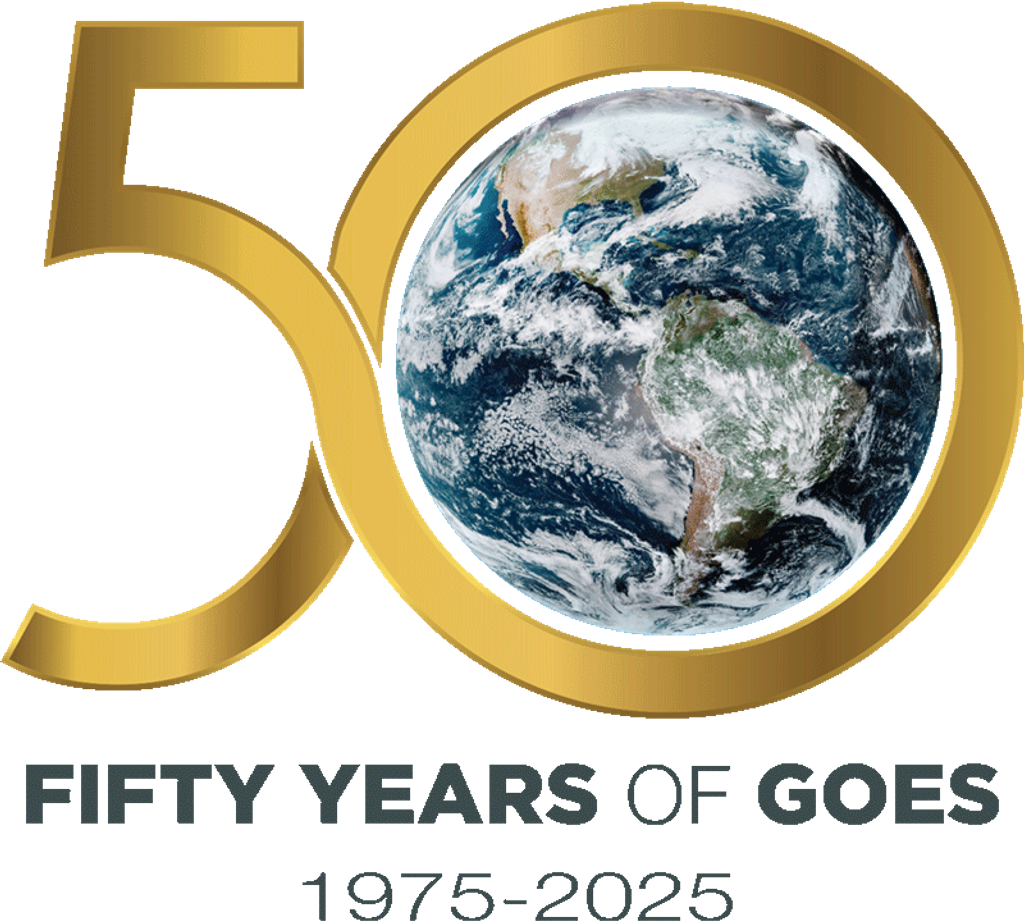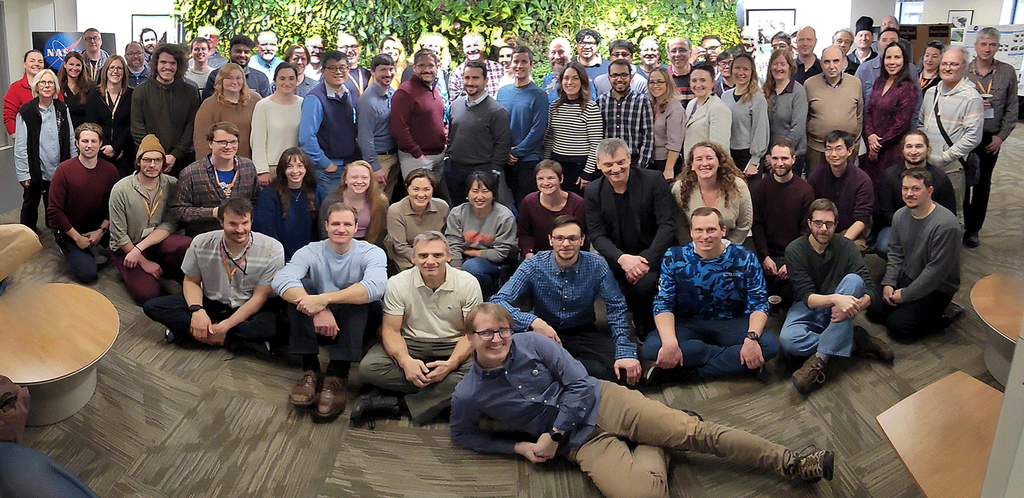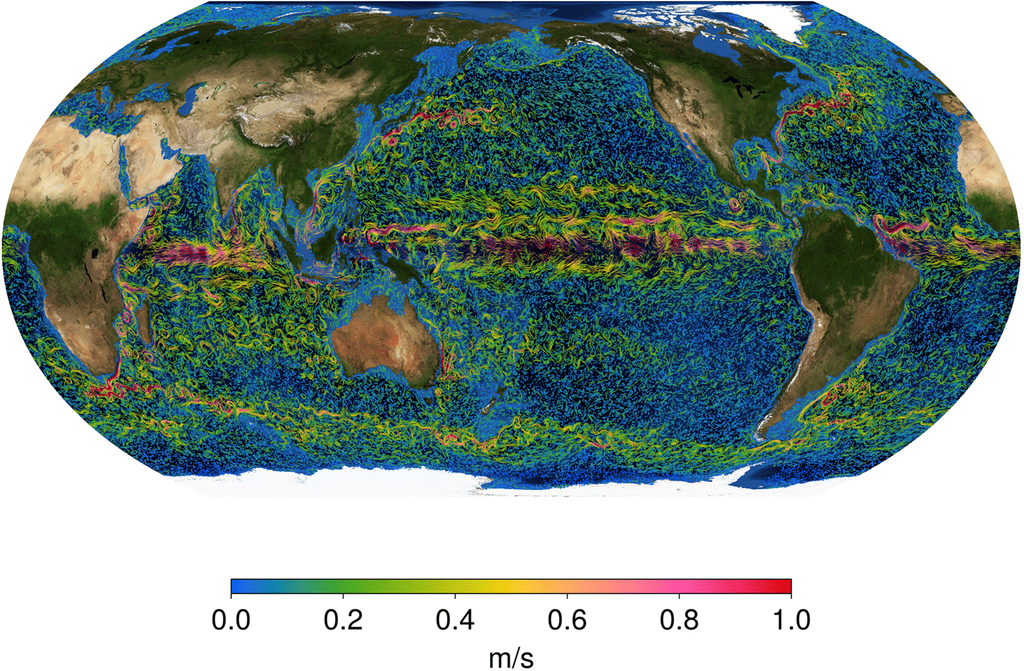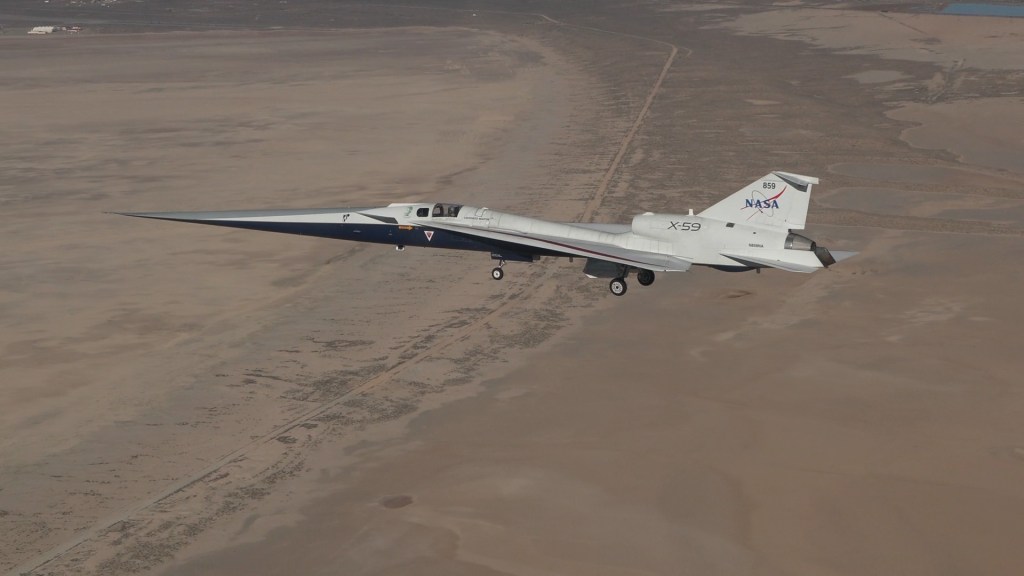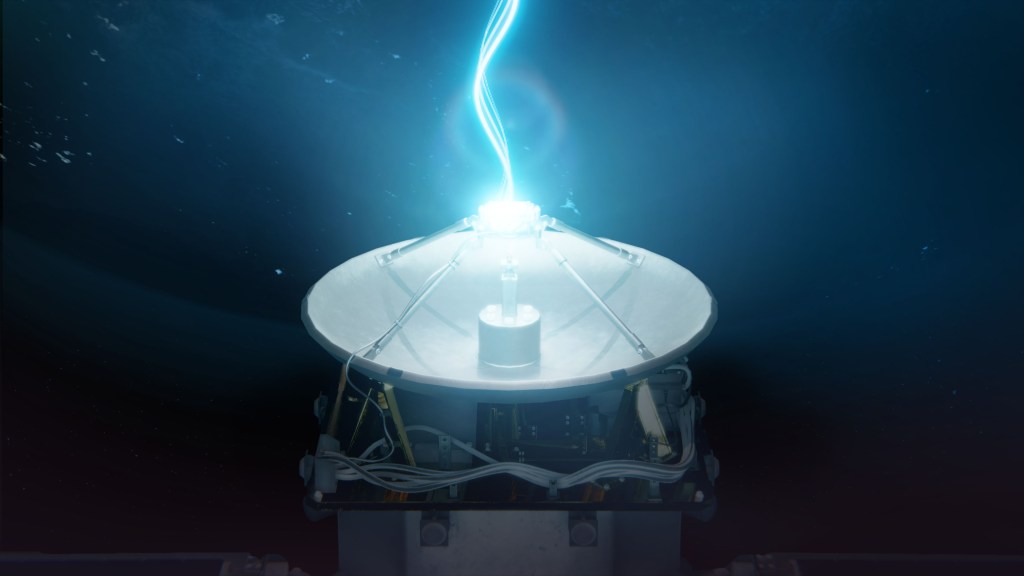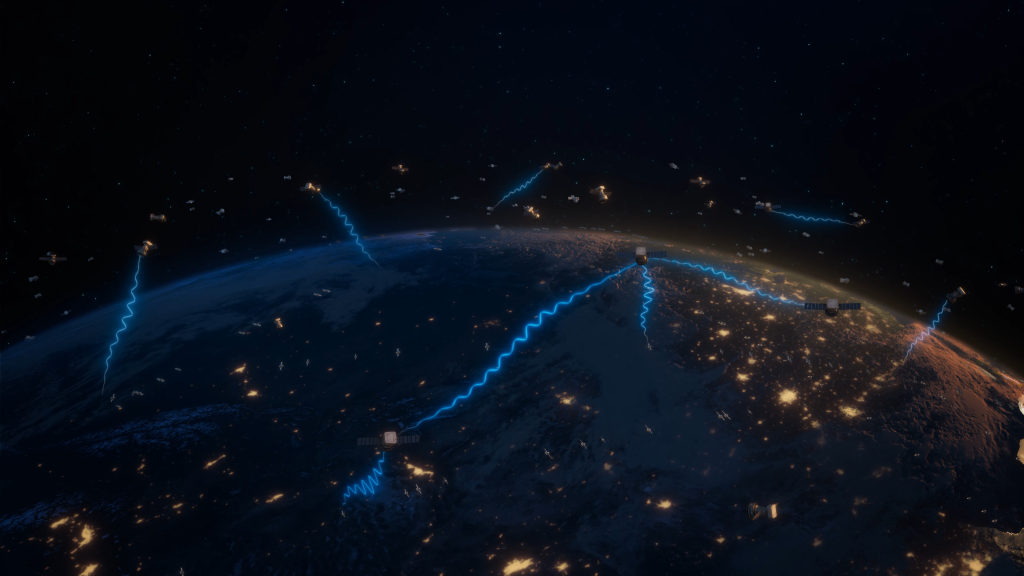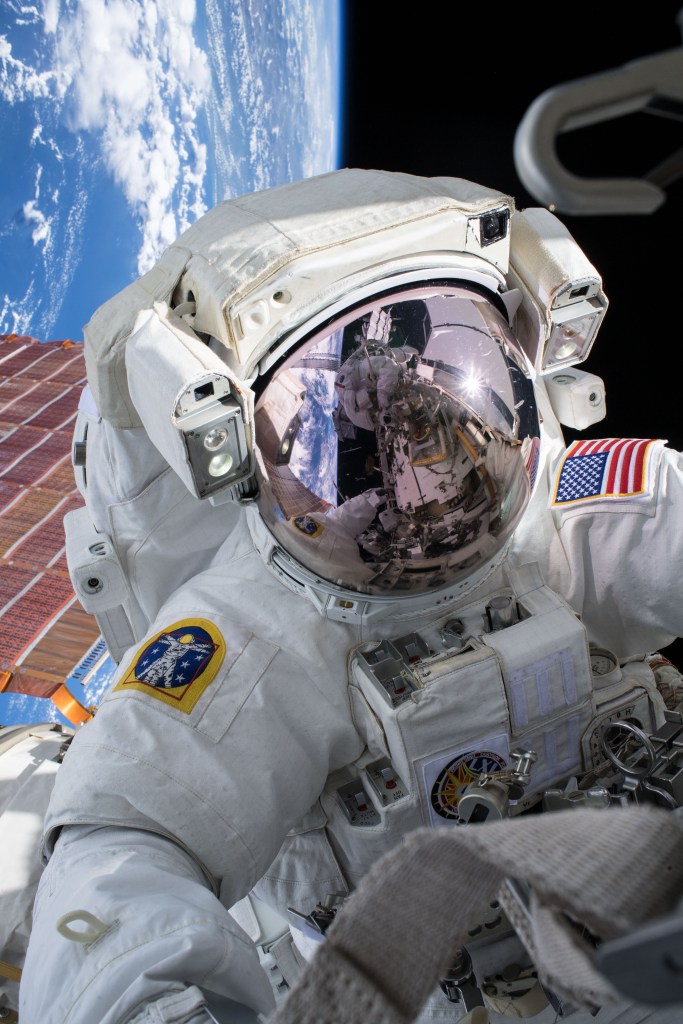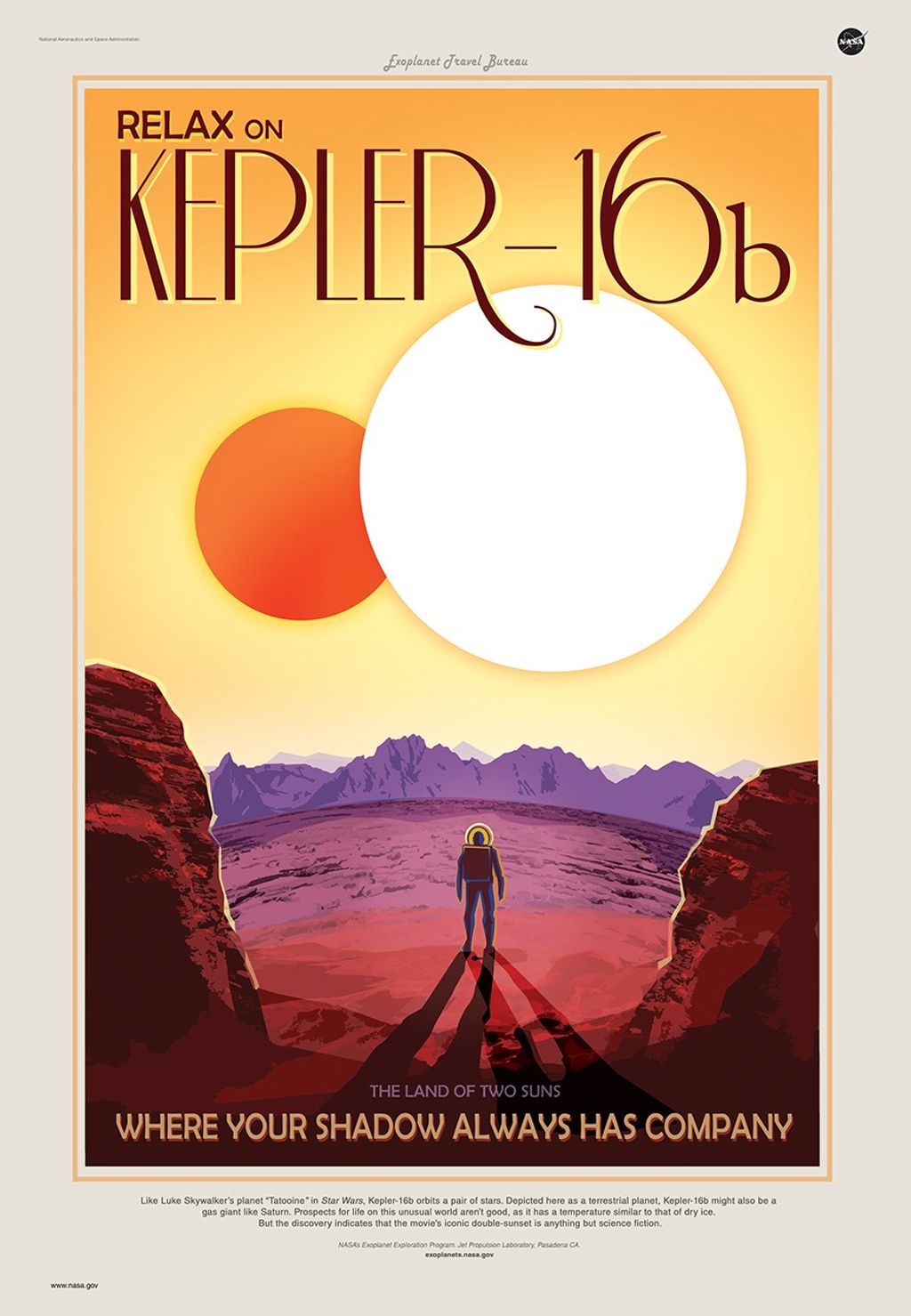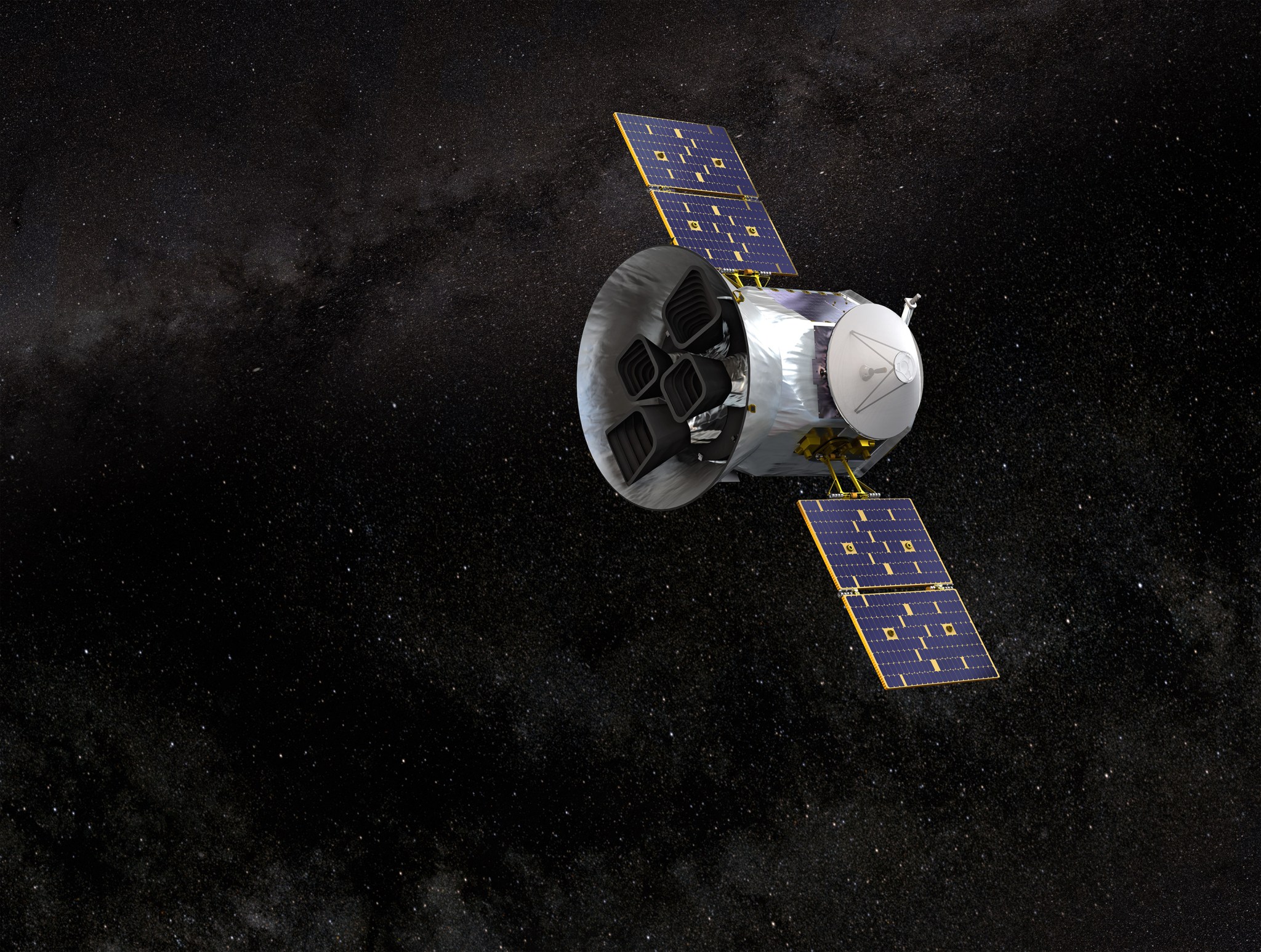The public is invited to a free talk called Solving the Puzzles of Planet Formation in the Modern Era of Planet-Hunting,’ with Elisa Quintana, NASA astrophysicist. The talk will occur, from 11:30 a.m. to 12:30 p.m. EDT on Thursday, May 9, in the Pickford Theater, third floor, Madison Building, 101 Independence Avenue SE, Library of Congress, Washington, D.C.
Quintana is the Deputy Project Scientist for NASA’s Transiting Exoplanet Survey Satellite (TESS) mission and works at NASA’s Goddard Space Flight Center in Greenbelt, Maryland.
“Attendees will learn about the population of nearly 4,000 planets that have been discovered around distant stars, and I will discuss how they have changed our views on how planets form,”Quintana said.
TESS is searching around our Sun’s nearest neighbors for Earth-size planets. In the lecture, Quintana will discuss the wide array of planetary systems that TESS may find and the follow-up measurements that will reveal clues as to which planets might be rocky and which may have Earth-like atmospheres, ultimately shedding light on how planets form and whether our Solar System is unique.
NASA’s TESS is an all-sky survey mission that will discover thousands of exoplanets around nearby bright stars. TESS launched April 18, 2018 aboard a SpaceX Falcon 9 rocket. TESS recently discovered its first Earth-sized planet called HD 21749c.
She is a speaker in the 2019 NASA Goddard Lectures Series at the Library of Congress. Earlier talks in the NASA series included the topics of space weather, improved global water security and sustainability, how Mars has changed over time, NASA’s Hubble Space Telescope and the upcoming James Webb Space Telescope.
The Library of Congress maintains one of the largest and most diverse collections of scientific and technical information in the world. The library is the nation’s oldest federal cultural institution and the largest library in the world and holds nearly 151.8 million items in various languages, disciplines and formats. The library serves both Congress and the nation online and on-site in its reading rooms on Capitol Hill.
For inquiries about this or upcoming talks at the Library of Congress, the public can contact the library’s Science, Technology and Business Division at 202-707-5664. ADA accommodations should be requested five business days in advance at 202-707-6382 (voice/tty) or ada@loc.gov.
The lecture will be later broadcast on the library’s webcast page and YouTube channel “Topics in Science” playlist.
For directions, visit: http://www.loc.gov/visit/maps-and-floor-plans/ or www.loc.gov
For information about Dr. Quintana, visit: https://solarsystem.nasa.gov/people/313/elisa-quintana/
For information about NASA’s TESS mission, visit: https://www.nasa.gov/tess-transiting-exoplanet-survey-satellite
Rob Gutro
NASA’s Goddard Space Flight Center, Greenbelt, Md.
301-286-4044
Robert.j.gutro@nasa.gov
Stephanie Marcus
Library of Congress, Washington
202-707-1192
smar@loc.gov

